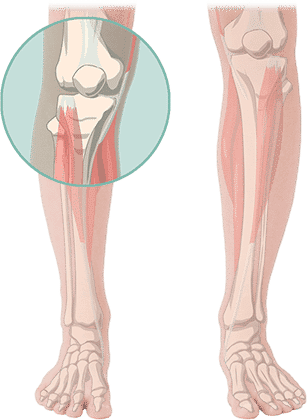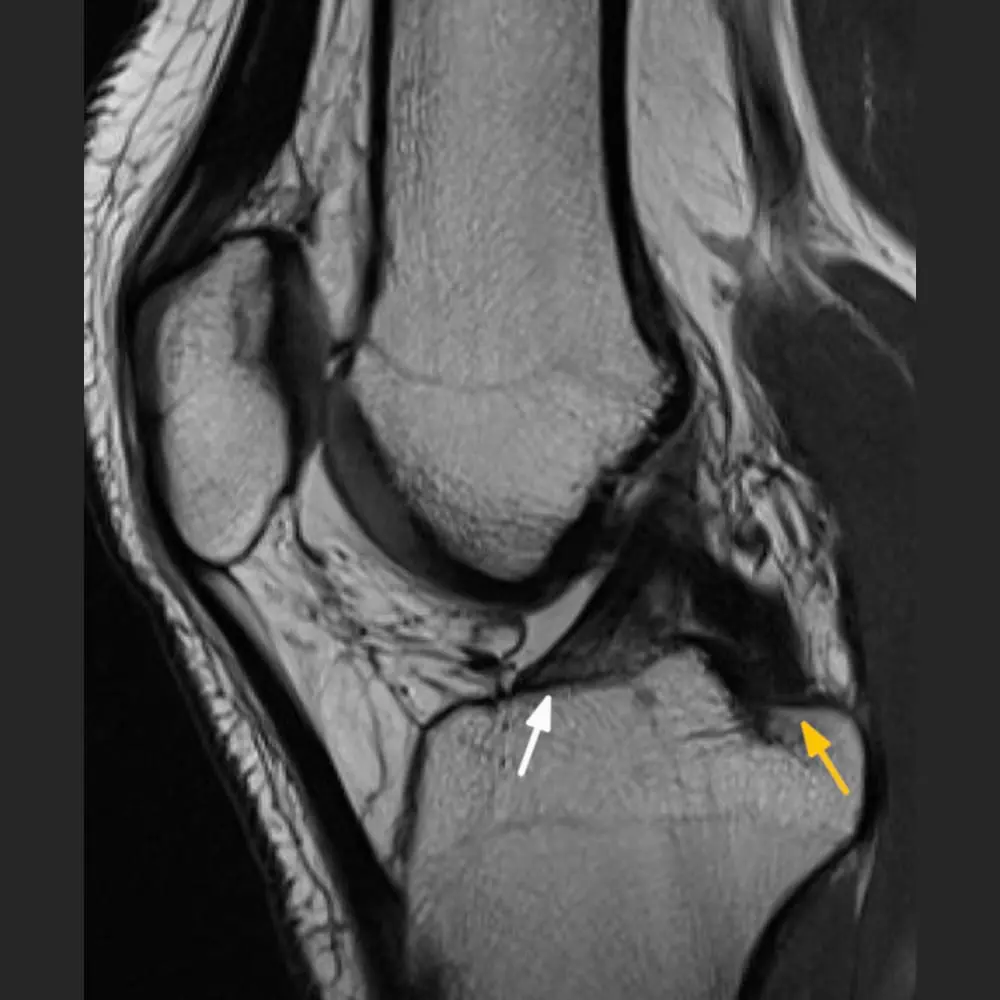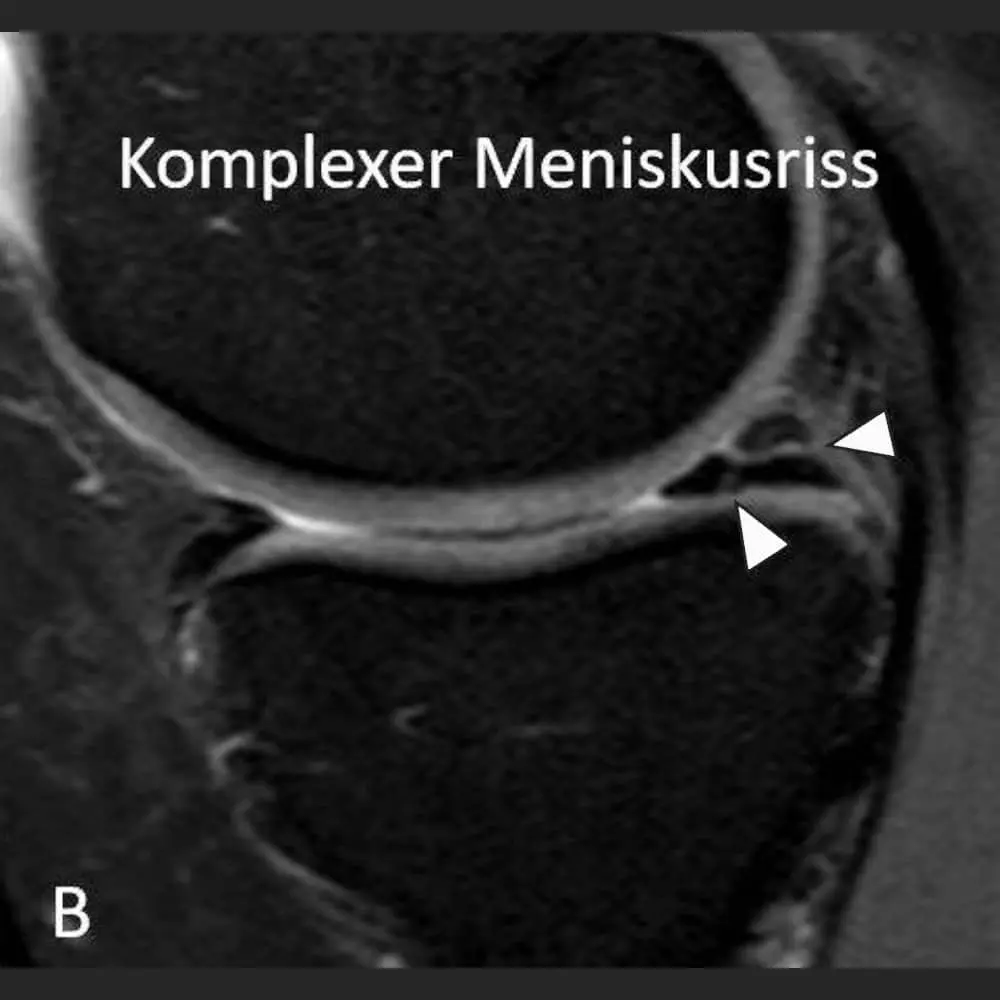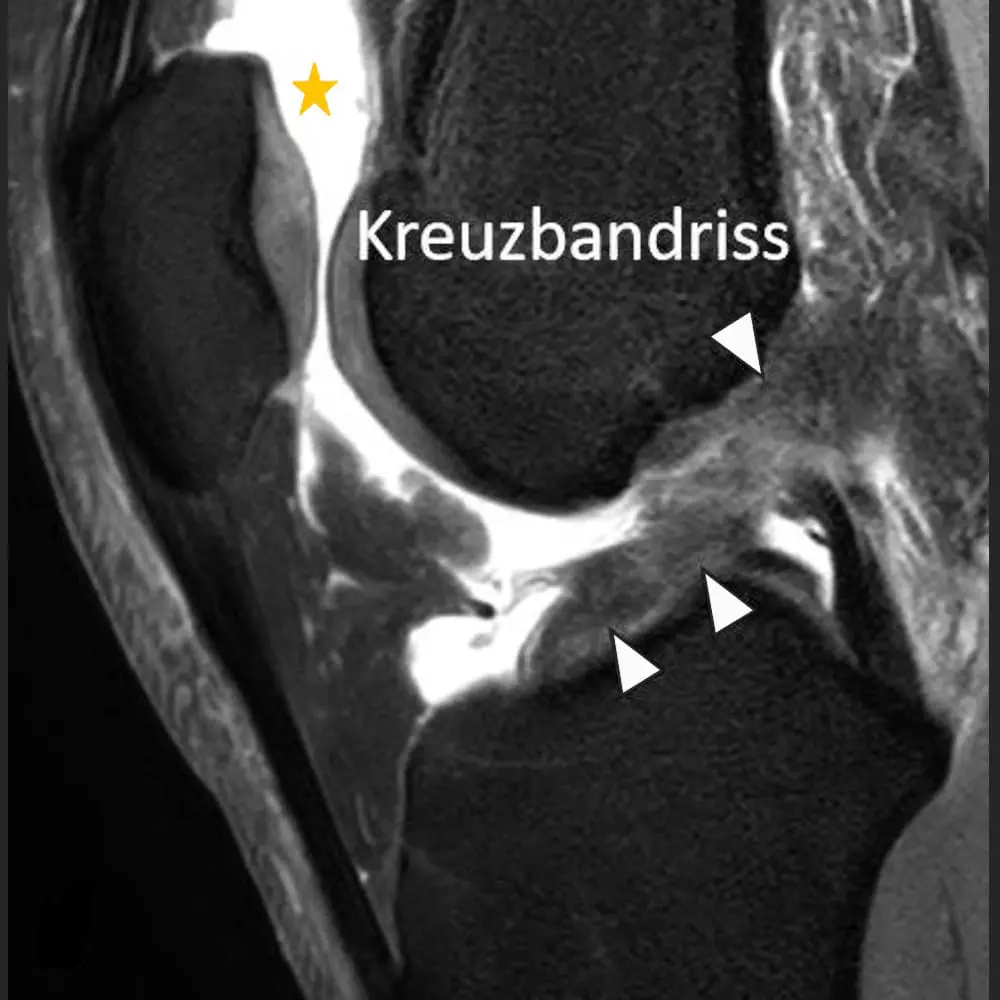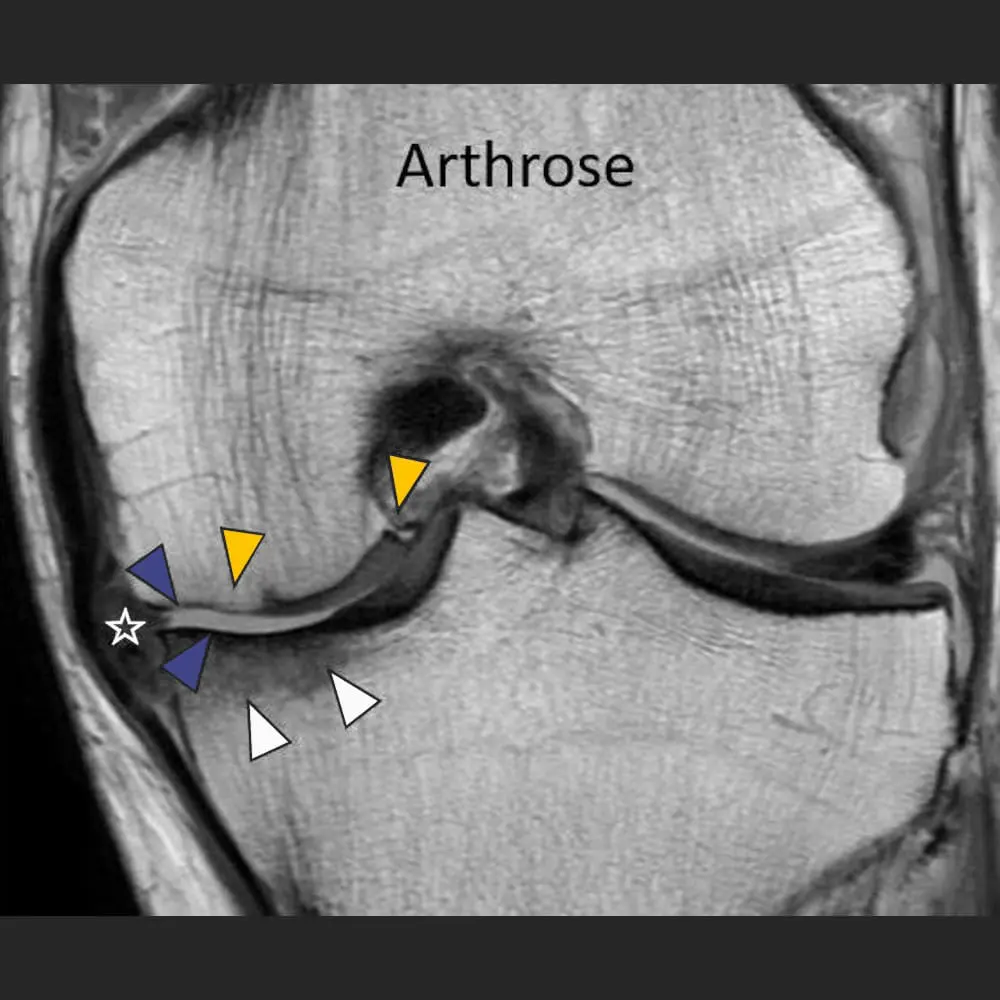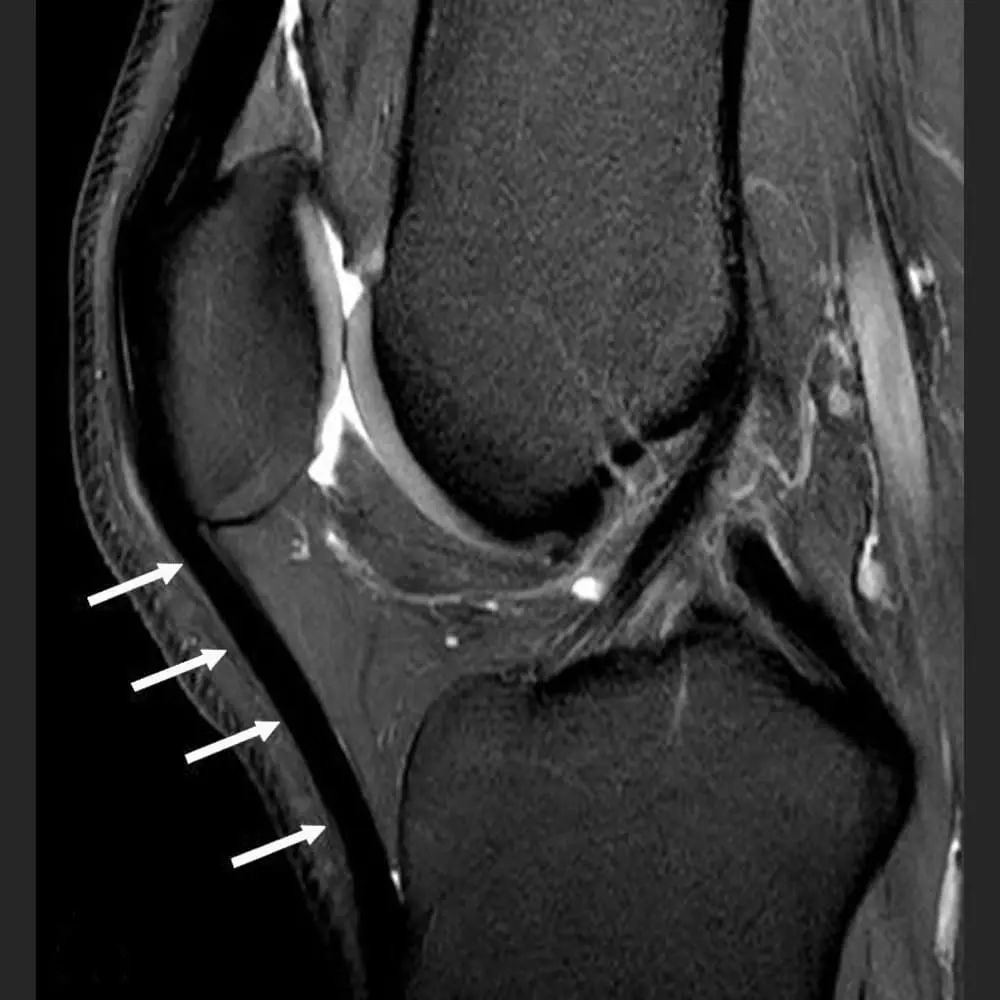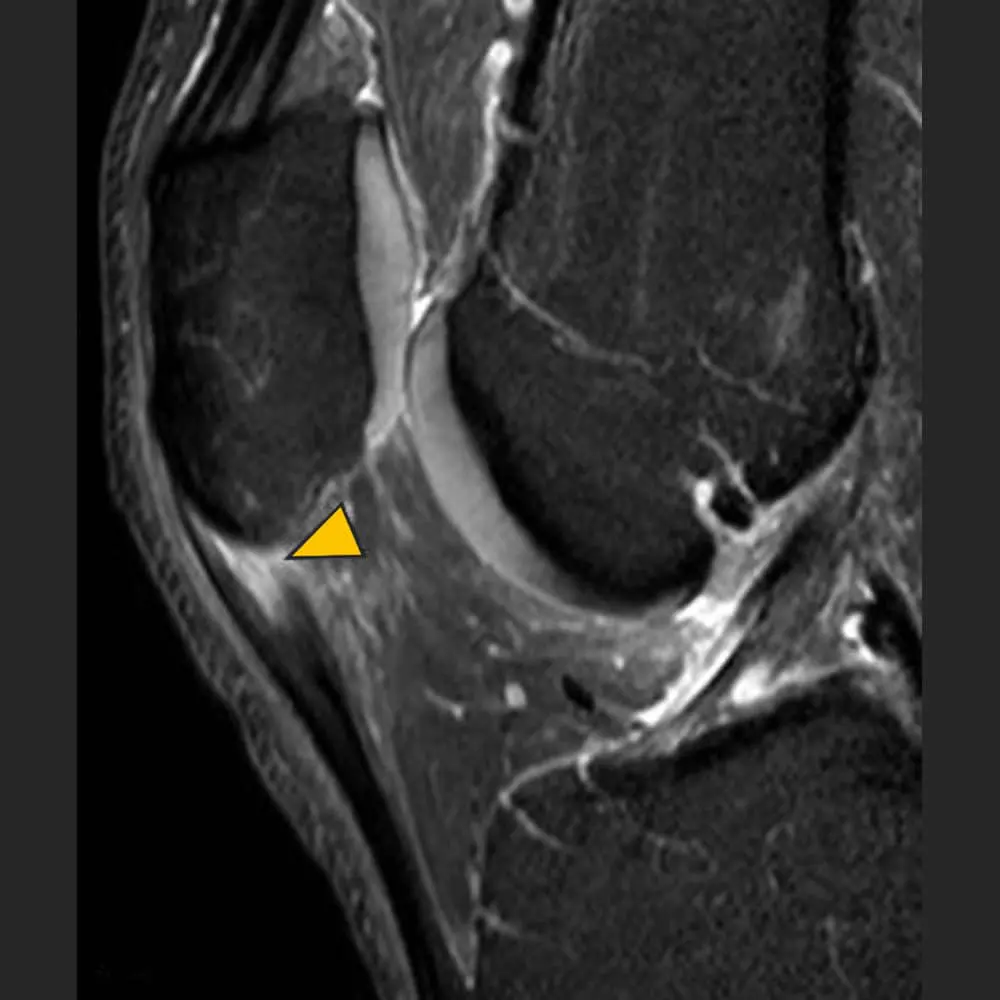A contrast medium is not needed in most cases when examining the joint. We only need a contrast medium for the MRI in cases of suspected rheumatic diseases or suspected tumours. For this purpose, we insert venous access before the examination, through which the agent is injected. The contrast medium used by ARISTRA Radiology has been tried and tested many times and has been in use for many years. Allergic reactions are infrequent, and the body usually excretes the agent without any problems.
Good to know: You will stay in practice for a short time after the examination. In case of rare side effects after administering the contrast medium, we can react quickly, and you are always in safe hands with ARISTRA.
